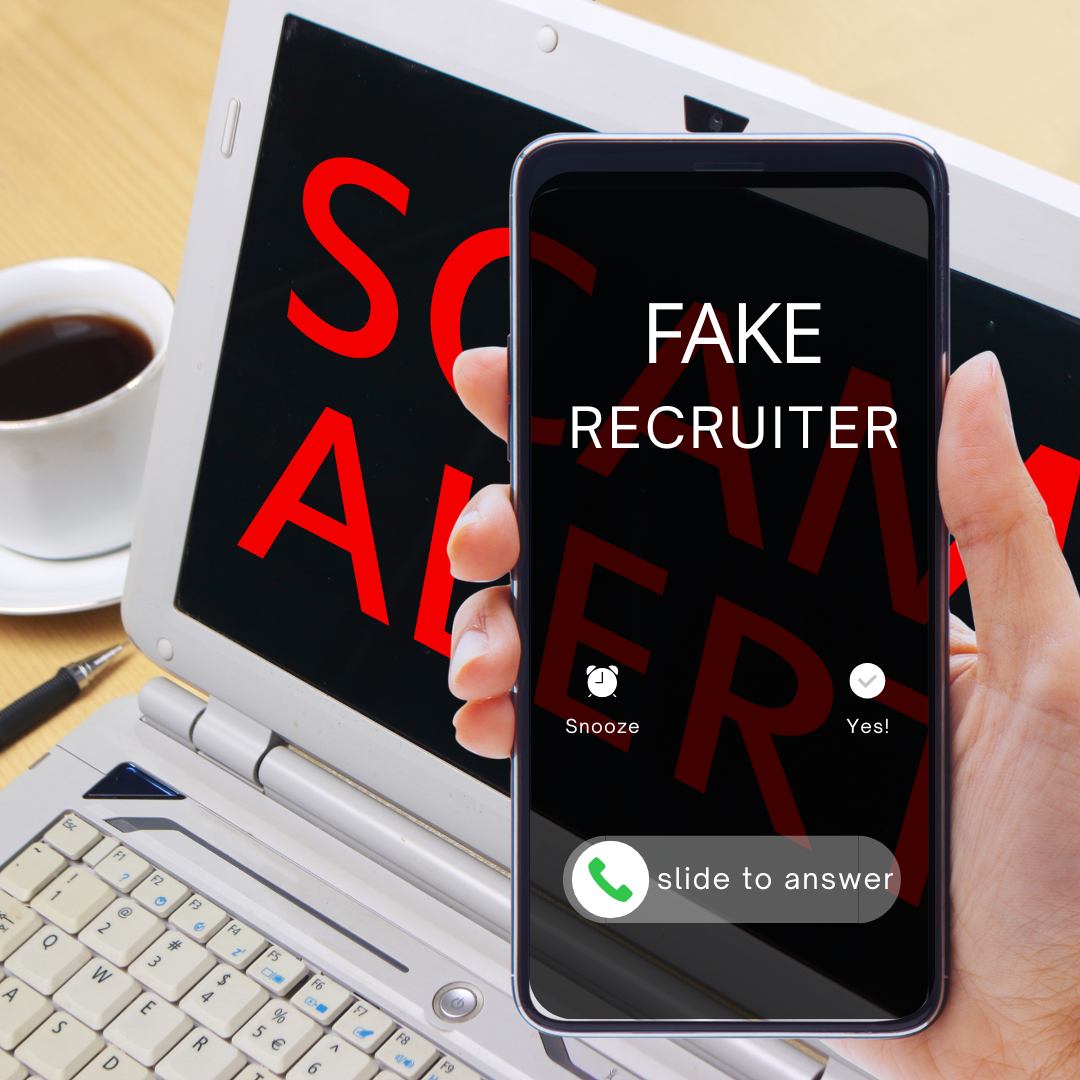
Because of technological advancement, finding job opportunities has become easier, particularly for those seeking employment abroad. Recruitment agencies like Finest Asia Resources, Inc. play a crucial role in linking job seekers with potential employers overseas. However, the growth of online job platforms and social media has also led to an increase in fraudulent recruiters. These scammers often target vulnerable individuals offering enticing job opportunities, quick application processes, and special treatment that may lead to financial loss, emotional stress, and even legal troubles. To protect yourself from these scammers it’s important to know how to identify and avoid fake recruiters.
Fake recruiters often create a sense of urgency or excitement on job offers that seem too good to be true. They may contact job seekers through fake social media accounts, or even through legitimate job portals. Here are some of the common strategies they use:
Asking for a Processing fee or Medical Fee
Legitimate recruitment agencies do not ask for upfront payments for job placements. Fake recruiters, on the other hand, will demand fees for “processing,” “medical fees” “visa applications,” “training,” or other services. Licensed recruitment agencies are only allowed to charge a placement fee equivalent to one month’s basic salary from the candidates.
Lack of Proper Communication Channels
Legitimate recruiters typically use official company channels, such as company email addresses or designated Facebook accounts. Using unprofessional language, poor grammar, or vague job descriptions can indicate that a recruiter is not legitimate. You can verify their account by checking if they follow the company’s official page or have mutual connections with employees or other recruiters from the same organization.
High-Paying Jobs with Minimal Requirements
One of the most common tactics of fake recruiters is advertising jobs with attractive salaries that don’t match the level of experience or skills required. For instance, you might come across a job posting offering an exceptionally high salary for an entry-level position with little to no qualifications. These offers are often crafted to attract individuals eager for overseas opportunities, making them less likely to thoroughly examine the details.
How to Verify the Legitimacy of Recruitment Agencies
To ensure you are dealing with a legitimate recruitment agency or recruiter, here are some steps you can take:
Check with the Department of Migrant Workers (DMW)
One of the best ways to verify a recruitment agency’s legitimacy is to check with the DMW’s website, which maintains a list of licensed and accredited recruitment agencies. You can visit the DMW website or contact their office directly to confirm if the agency you are dealing with is registered. Avoid agencies that do not have a license or have been flagged for illegal activities.
Research the Company and Recruiter
Before engaging with a recruiter, take time to research the agency. Look for their official website, and social media accounts, check reviews, and try to connect with individuals who have been placed by the agency in the past. Additionally, by searching for the recruiter’s credentials, legitimate recruiters will have a professional online presence.
To help you easily spot fake recruiters, here’s a summary of the red flags to watch out for:
If you suspect that you’ve been contacted by a fake recruiter or your name was used by a fake recruiter, here are the steps you should take:
You can protect yourself from scams and secure legitimate job opportunities by being vigilant, researching, and knowing the red flags. Remember, it’s better to miss an opportunity than to fall victim to fraud. Always verify, ask questions, and take your time before making any decisions.